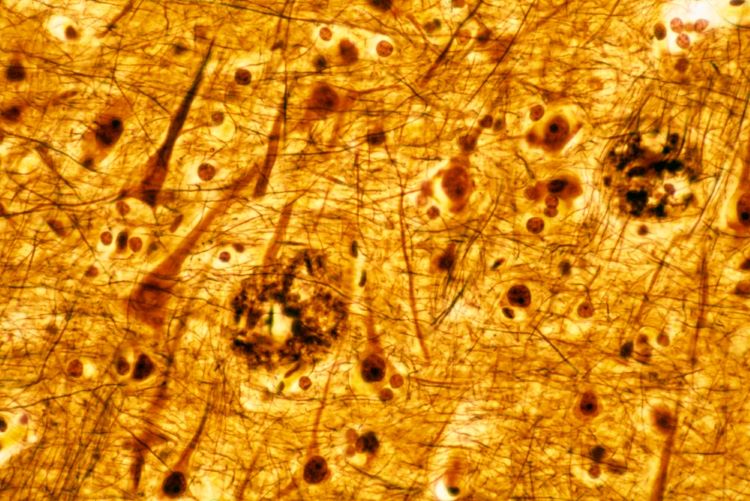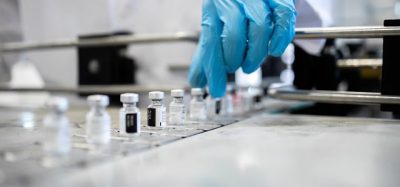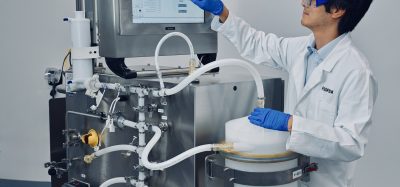Bristol Myers Squibb licenses amyloid-beta antibody programme
Posted: 20 December 2024 | Catherine Eckford (European Pharmaceutical Review) | No comments yet
The new agreement between Bristol Myers Squibb and BioArctic is set to advance development of anti-amyloid-beta antibody treatments, which have shown symptomatic benefit in Alzheimer’s.


Bristol Myers Squibb has licensed an amyloid-beta antibody programme from BioArctic AB.
The PyroGlutamate-amyloid-beta (PyroGlu-Aβ) programme includes novel antibodies (BAN1503 and BAN2803). These target a truncated, pyroglutamate modified form of amyloid-beta. BAN2803 utilises a technology platform that optimises biologic drug delivery past the blood brain barrier, BioArctic noted.
Under the agreement, BioArctic will receive a $100 million, up to $1.25 billion in milestone payments as well as royalties on worldwide product sales.
As part of this deal, Bristol Myers Squibb is responsible for development and commercialisation of BAN1503 and BAN2803 and related products globally. BioArctic will have the option to co-commercialise the products in the Nordic region, the company confirmed.
“I am very excited about the agreement with Bristol Myers Squibb….With the BrainTransporter technology, BioArctic has the capability to lead in the design and development of the next generation of treatments for various brain disorders, offering the potential of faster uptake, improved efficacy, less side effects and lower doses for the benefit of both patients and society,” shared Gunilla Osswald, CEO at BioArctic.
[Through the license agreement there is opportunity for] development of the next generation of treatments for various brain disorders, offering the potential of faster uptake, improved efficacy, less side effects and lower doses for the benefit of both patients and society”
“Our agreement with BioArctic has the potential to further strengthen and diversify our growing neuroscience portfolio, reinforcing our commitment to exploring novel and potentially transformative approaches for Alzheimer’s disease where high unmet needs remain,” stated Richard Hargreaves, Senior Vice President and Head of Bristol Myers Squibb’s Neuroscience Thematic Research Center.
BioArctic explained that its BrainTransporter technology facilitates drug uptake via the transferrin receptor (TfR). Overall, this enables delivery of biotherapeutics “can result in broader brain distribution enabling better efficacy, improved safety profile and dosing convenience”. The platform has potential to be utilised in future collaborations with other pharmaceutical firms, the company added.
Related topics
Antibodies, Big Pharma, Biologics, Biopharmaceuticals, Clinical Development, Clinical Trials, Drug Development, Drug Markets, Industry Insight, Proteins, Research & Development (R&D), Technology, Therapeutics








